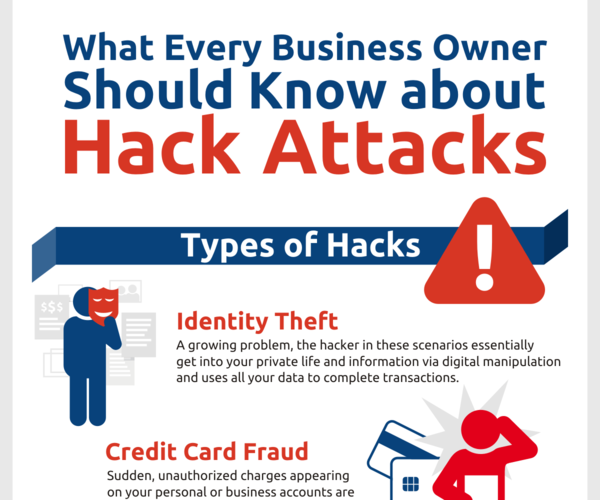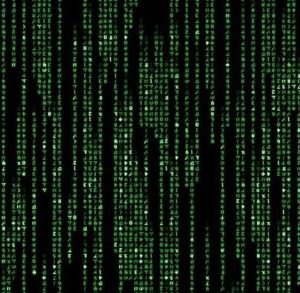
Colocation America Reviews: Toys
March 18, 2016
Friday Fun Blog: Pranks Edition
March 25, 2016If you are a business owner of any size business, you’re probably connected to a computer in some way or another. Whatever your platform, be it healthcare, car repairs, education, or any kind of environment, you use a computer and may be subject to an attack by hackers.
Before you can breathe freely, make sure you know some basics behind common kinds of hacks and you can protect your company from them.
What Are Some Common Types of Hacks?
Identity Theft
A growing problem, the hacker in these scenarios essentially get into your private life and information via digital manipulation and uses all your data to complete transactions. Internet banking, overcharges, and the payment of bills are only some of the ways that the integrity of your business can be violated.
Credit Card Fraud
Perhaps the most common form of hacking activity, there’s little protection against those intent in committing this cybercrime. Sudden, unauthorized charges appearing on your personal or business accounts are sure signs of a credit card hack.
Likewise, your business email address may have to be closed down entirely by your provider as it causes havoc with your clients receiving spam mail and not your legitimate business correspondence.
Virus, Worms, Spyware and Malware
All of the above sound rotten by whatever name you call them. They may have come to you via a client’s email attachment, by downloading a new software program, or by some other means. Their one purpose is to cause you and your business big trouble–and losses.
What Are Some Warning Signs There’s Been a Hack?
- Slow-loading programs, such as opening the My Documents folder, become slower over time.
 Your browser, becomes slow-loading and when turning pages.
Your browser, becomes slow-loading and when turning pages.
- Emails that you never sent out begin arriving at the Inbox of your contacts.
- Your clients begin complaining about emails from you asking for their personal information.
- Pop-up ads that slow down your system and your anti-vi program protection suddenly turns off.
- You notice high network usage even when your computer is not in use.
What’s next If You’re Hacked?
Shutting down your computer operations and denying the hacker further access comes first. Having a superior hacker tracking software program and anti-virus systems in place is one thing you should always do when setting up your system and should be next on the list.
For example, tracking software can be used across all your systems and will tell you if someone is hacking your computer or spying on your webcam. Notifying your credit card company of the hack enables them to close your account immediately and issue a new account.
If need be, close email, banking, and social media accounts, and change their passwords and be sure to keep your antivirus software and all other programs are up to date.
Frankly speaking, whatever measures you take may not be enough against a truly malicious hacker attack, however you’ll certainly slow them down and frustrate weaker attempts to steal company information and money.

 Your browser, becomes slow-loading and when turning pages.
Your browser, becomes slow-loading and when turning pages.